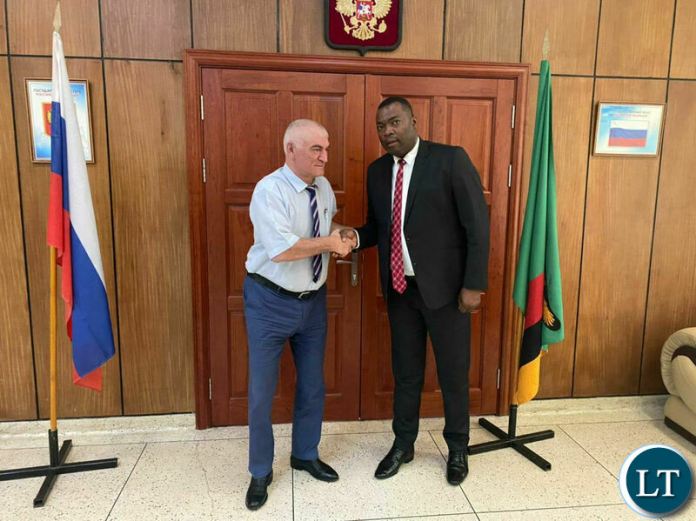Opposition People’s Alliance for Change (PAC) Leader Andyford Banda has backed state power utility ZESCO’s decision to award contracts for the supply of wooden electrical poles to foreign companies.
Despite public outcry, Energy Minister Peter Kapala says ZESCO Limited will go ahead with plans to import electrical poles saying it is more prudent to procure the poles at factory costs from abroad.
Commenting on this development, Mr Banda says there is nothing wrong with ZESCO Limited importing the electrical wooden poles as long as it will cut the costs and enable the institution to save money.
Meanwhile, Former Zaffico Managing Director Fighton Sichone has attributed ZESCO’s decision to the inability by the local market to satisfy the power utility`s growing demand and a lack of private sector players in wood farming.
Mr. Sichone who has challenged stakeholders complaining about this decision to show where local suppliers are beyond the existing contract between ZESCO Limited and ZAFFICO saying there is nothing wrong with the power utility importing wood poles as local supply is failing to meet the ever increasing demand for electricity connections.
He argues that ZESCO’s listing of foreign suppliers dominated by South Africans and Zimbabweans to supply wooden poles for electricity transmission is testament of the lag by the local market dominated by ZAFFFICO to satisfy demand that has also seen the arrival of new players like the rural electrification authority-rea demand among others.
ZESCO Limited has clarified that by December 31, 2021, the power utility had in excess of 67000 pending new connections due to lack of material including a lack of treated wooden poles with the power utility needing over 40,000 of these of which local suppliers can only satisfy about 1.4 percent of requirements.
However, the Timber Producers Association of Zambia has called for the cancellation of the tender for the supply and delivery of wooden poles to Zesco by foreign companies.
Zesco has shortlisted 10 foreign companies for the supply and delivery of 9 and 12 meter wooden poles.
Charles Masange, the Association President said the awarding of a tender to foreign companies amounts to exporting of jobs.
Mr. Masange said Zambia is not short of companies who are capable of supplying Timber to Zesco and has wondered why only foreign companies have been shortlisted.





















